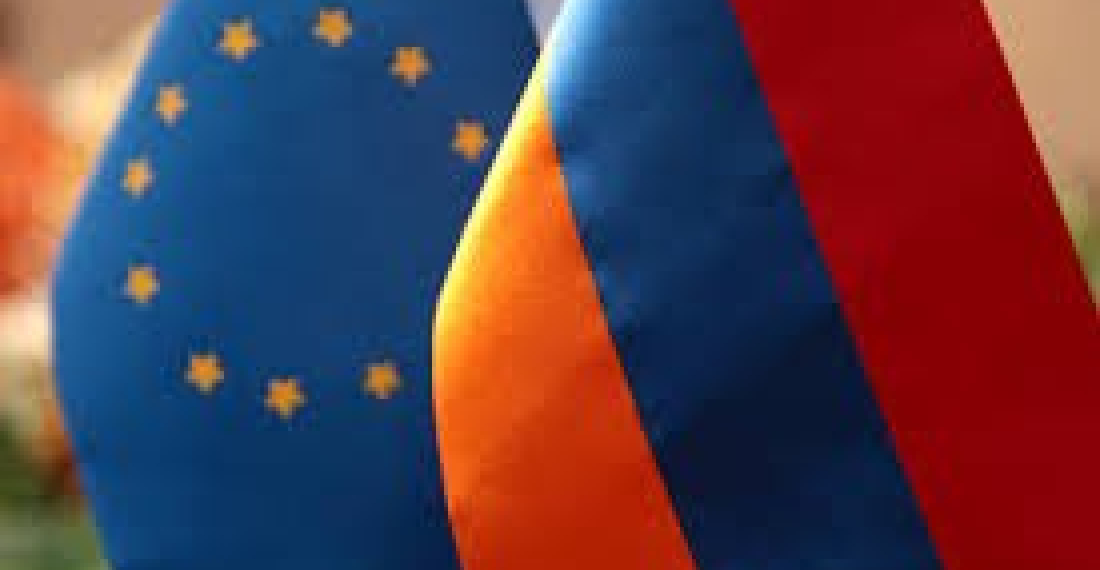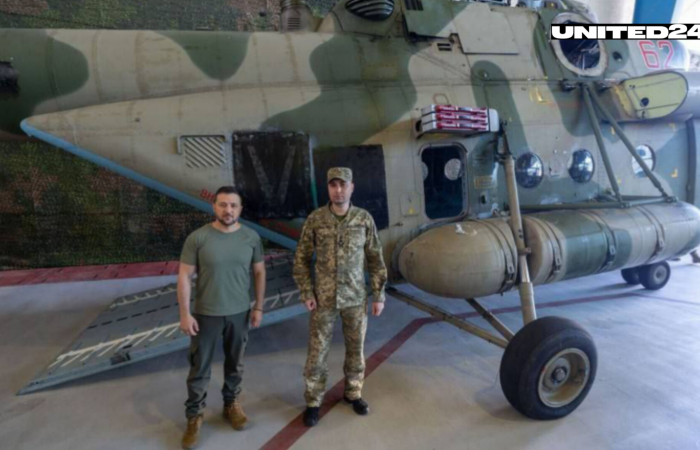At a briefing in Brussels on Wednesday (14 December), both sides expressed satisfaction at progress in the negotiations, but hinted that they were in uncharted waters. As one EU official put it, "Russia remains the elephant in the room". Commonspace.eu political editor reports from Brussels:
After one year of discussions both Armenian and EU officials have reported progress in negotiations on a new framework agreement that will govern relations between the two for the coming decades. Negotiations started in December 2015 after a two year chill in relations following Armenia's abrupt decision in September 2013 not to sign an Association Agreement with the EU that the two sides had spent years painstakingly negotiating. "It was not an easy time", said Dirk Schuebel, a senior official at the European External Action Service involved in the negotiations, later also adding that he was sure the same will not happen again this time round.
Schuebel was speaking in Brussels on Wednesday (14 December) at a briefing on the current state of the negotiations organised by the "European friends of Armenia". Also speaking at the event were the First Deputy Minister of Economy of Armenia, Garegin Melkonyan, and Petros Sourmelis from the EU Directorate for Trade, both coming to the meeting straight from a session of the fifth round of the negotiations on the trade aspects of the agreement currently taking place in the Belgian capital.
Over the last year there have been seven sessions to discuss the political aspects of the deal, and five on the trade dimension. There have also been numerous video conferences between experts in Brussels and Yerevan to discuss specific sectorial issues. All the speakers at Wednesday's briefing were very positive on the way the negotiations are going. "They were very constructive rounds", said Schuebel, adding that the EU was "pleased at how the discussions were going". His colleague from DG Trade was equally positive "We have made a lot of progress", he said. These views were echoed by Deputy Minister Melkonyan. "Our assessment is very much positive", he said.
Despite this, the elephant in the room, both on Wednesday, and one suspects also during all the phases of negotiations is Russia. "Armenia has to look left and right at the same time" said Dirk Schuebel. All aspects of the negotiations now have to take into account the fact that Armenia is now a member of the Russia led Eurasia Economic Union. However Schuebel was surprised that Armenia was ready to incorporate into the new agreement a lot of what had already been negotiated in the lead up to the now defunct Association Agreement. Deputy Minister Melkonyan put it more delicately, "We are negotiating, taking into account Armenia's other international obligations", he said. "Being part of the Eurasian Union does not mean not having relations with other partners", emphasising that his approach in the negotiations was that development was possible only through co-operation.
In essence, the new agreement will be "more substantial" than the current Partnership and Co-operation Agreement that was signed in the 1990s, but will still fall short of the Association Agreement and DCFTA that Armenia ditched in 2013. The agreement will cover areas such as basic freedoms, political and social development, and co-operation in areas such as freedom, justice and security. Civil society will be recognised as an important partner in taking the agreement forward. Apart from this it will cover substantial areas in trade and investment issues.
Beyond the positive messages, at Wednesday briefing in Brussels one could detect that both sides understood they were in uncharted waters. Melkonyan said that the new agreement will open a new era in relations between the EU and Armenia., whilst Schuebel said that in a way this was a "pilot project" - an example of how we can apply the principle of differentiation envisaged in the new Eastern Partnership policy.
One important aspect discussed at the briefing was how it will relate to Nagorno-Karabakh. "This is a bilateral agreement between the EU and the Republic of Armenia as it is recognised within its internationally recognised borders", said Schuebel emphatically. The EEAS official added that any reference to Nagorno-Karabakh in the agreement will have to be through "a notion that is mutually acceptable". "We hope it will contribute to peace in the region", he added.
None of the speakers wanted to be drawn on the question of when the agreement will be signed, both sides adding that they were focused on the substance. And the agreement has no title yet. "We will decide later what name we will give the baby", Schuebel said. One suspects both sides are waiting to see if it is going to be a boy or a girl, or perhaps even twins.
The briefing on the new EU Armenia framework agreement negotiations was organised by the European Friends of Armenia and held at the Thon Hotel Stephanie on Wednesday, 14 December 2016. It was chaired by Hrant Kostanyan.
source: commonspace.eu






